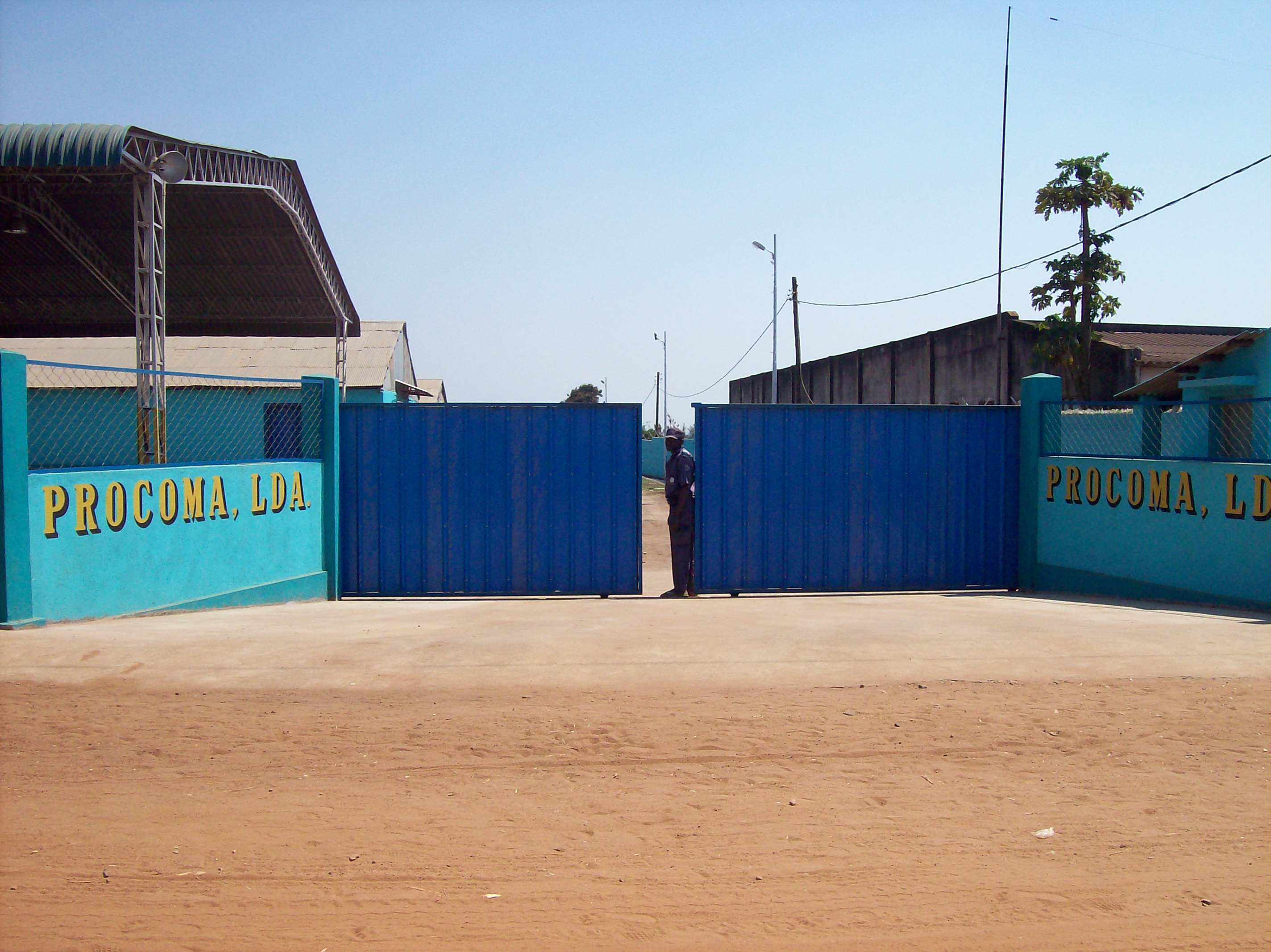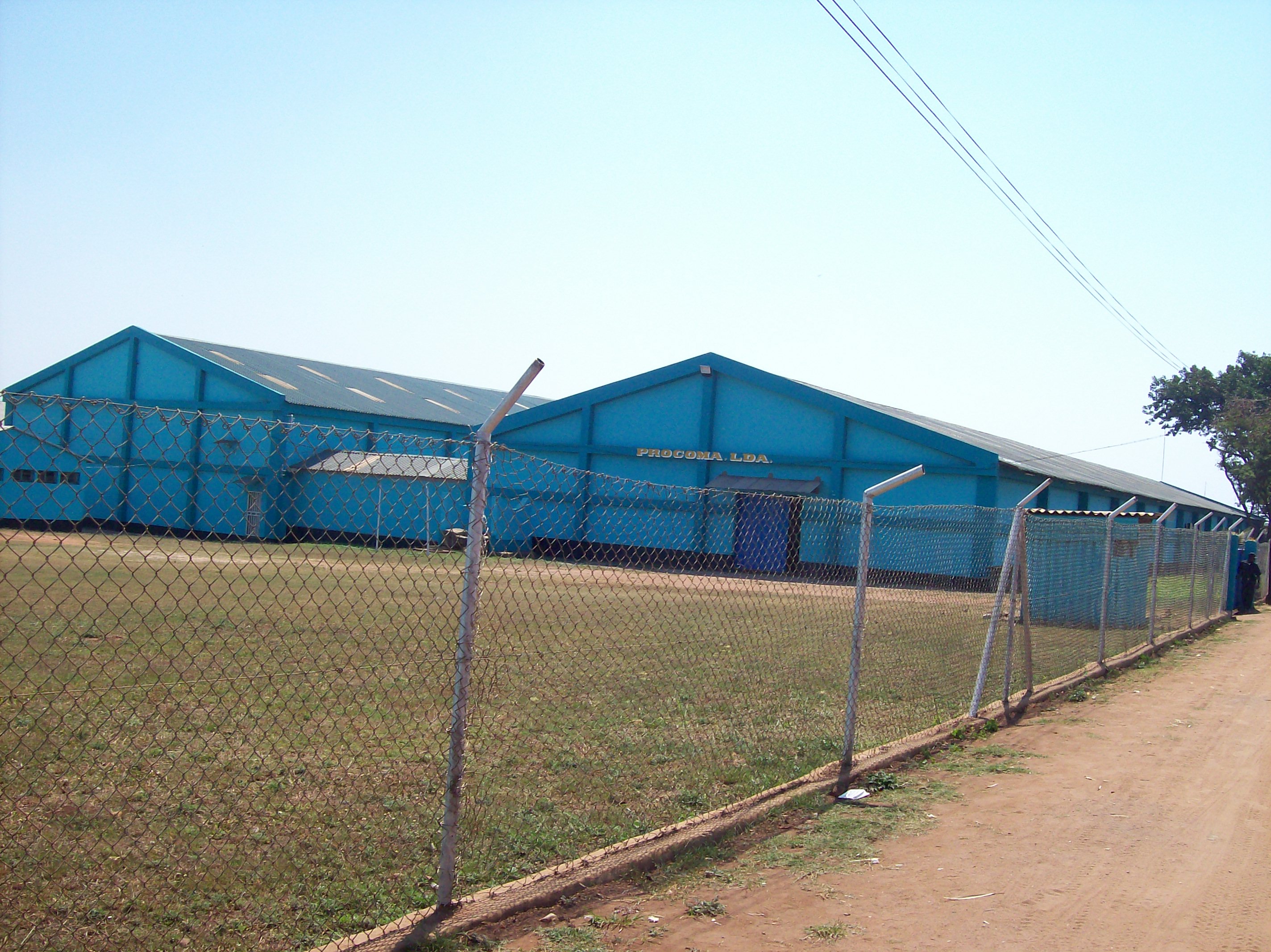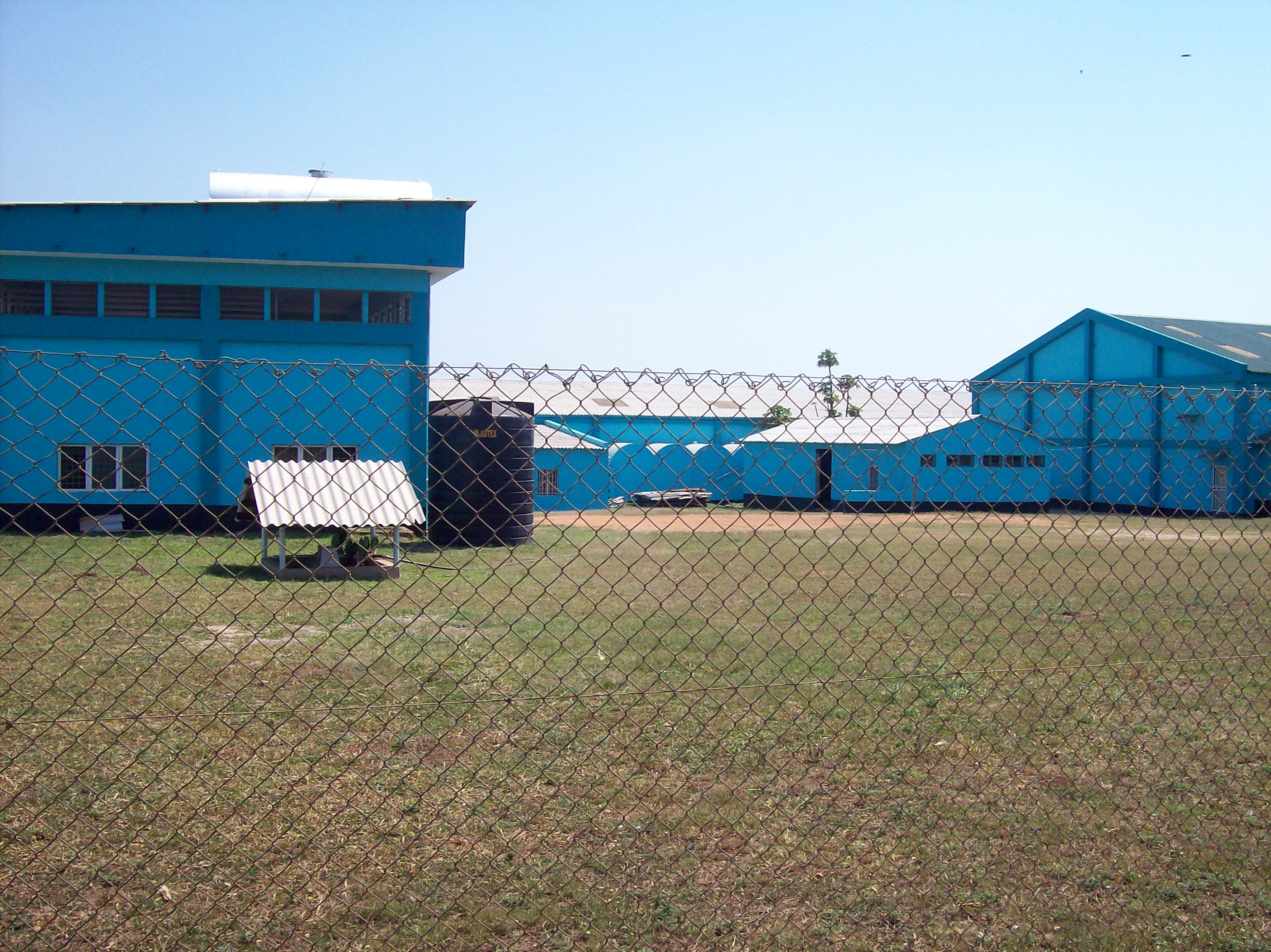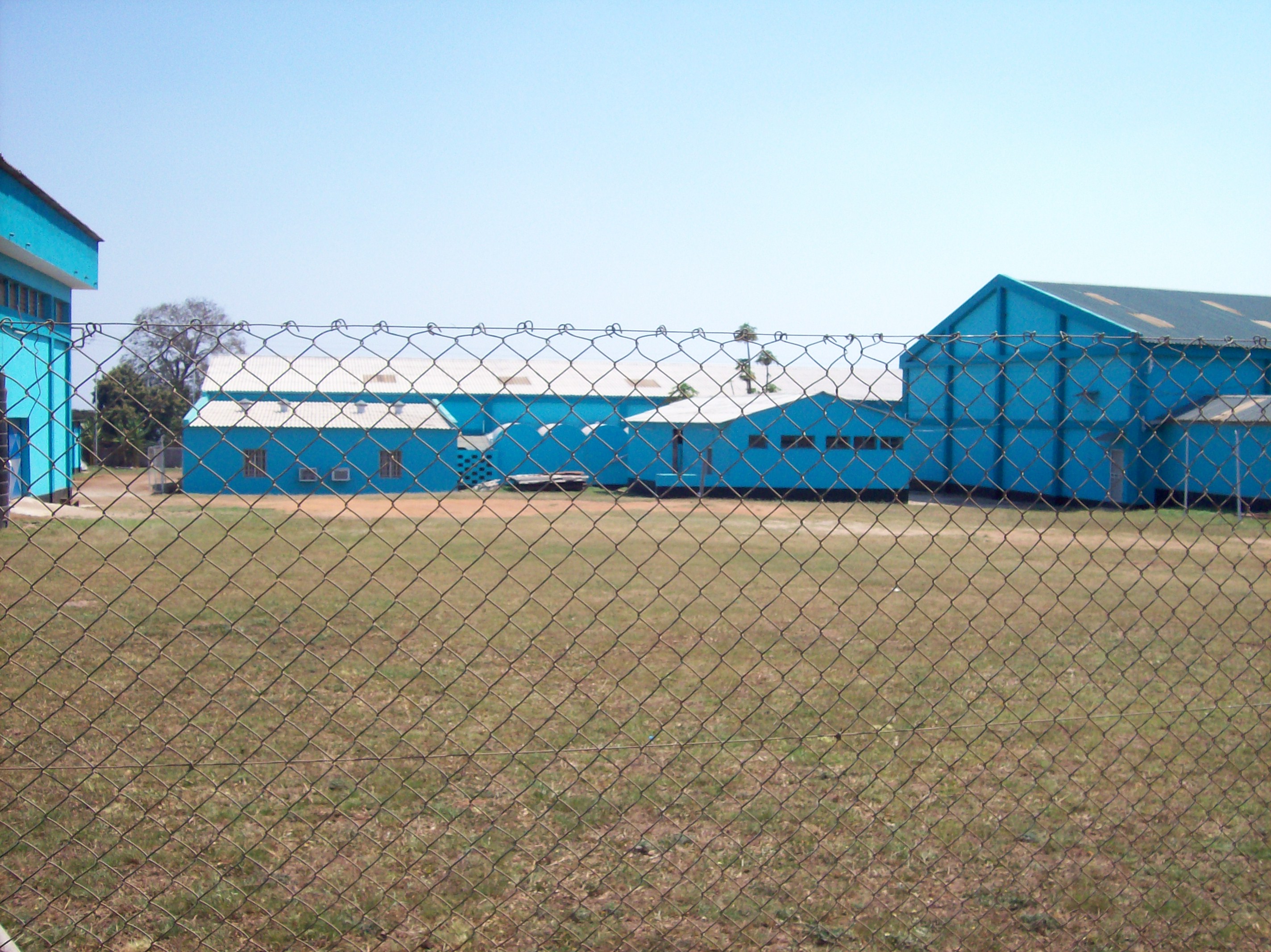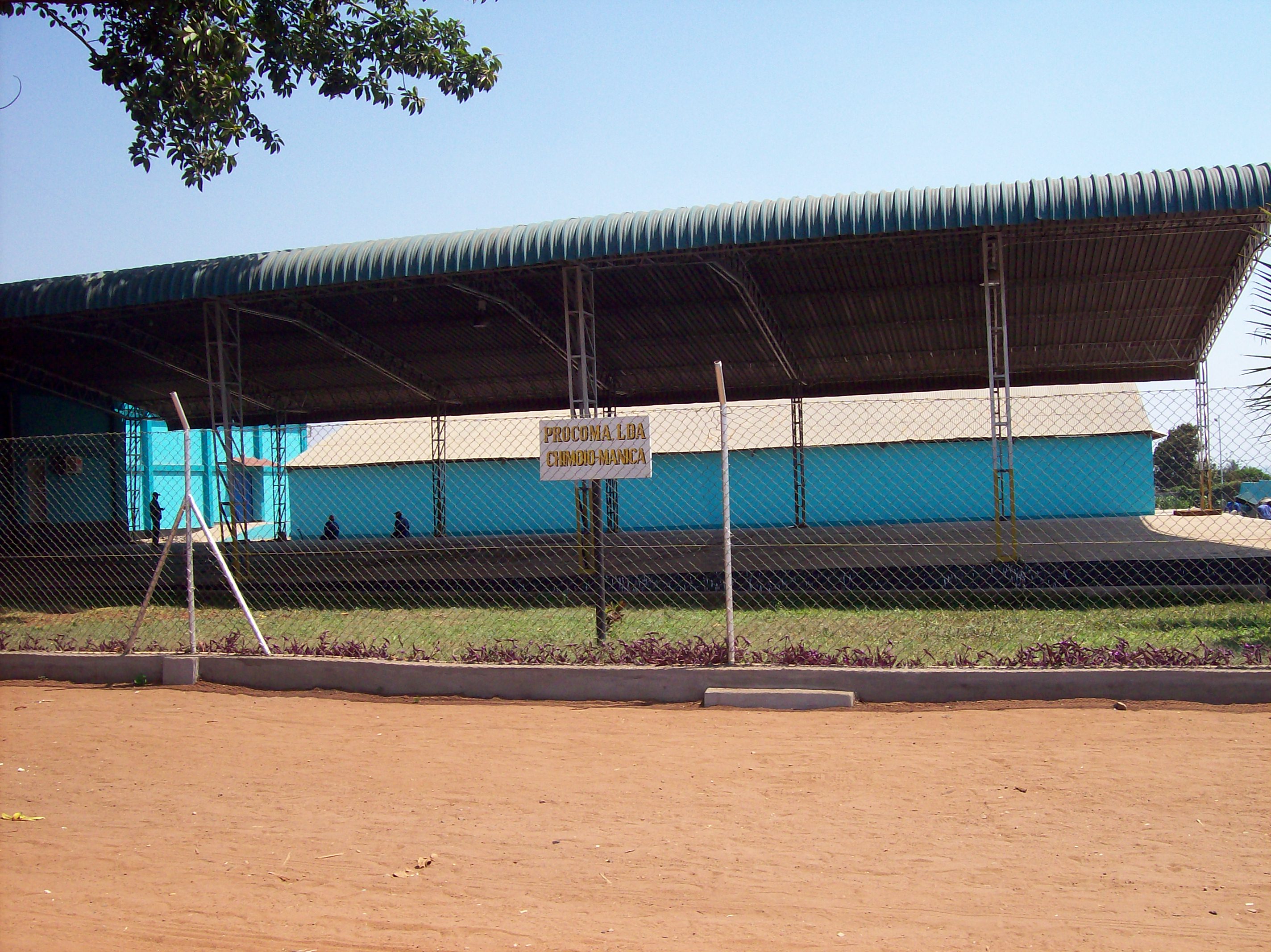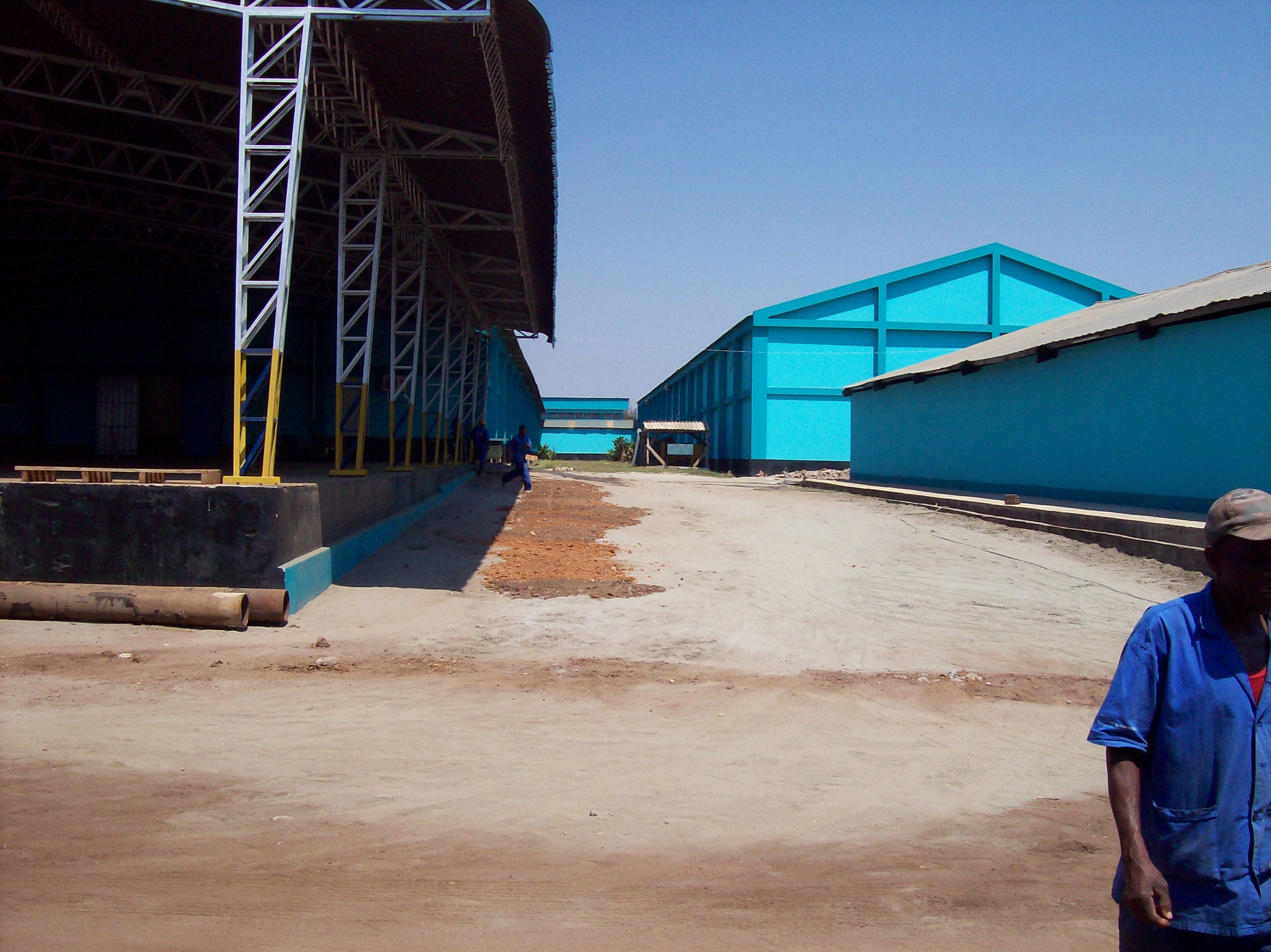The idea for investing in this venture came as a result of having established the existence of strong future potential to perform this transforming activity, primarily for the national business sector, contributing, in this manner, for the increase of direct national investment.
As
such, in order to achieve the present Project, it was necessary to acquire a
combination of equipment, industrial machinery, transport equipment and raw
materials as well as rehabilitation/construction/update at an estimated cost of
USD6.472.950,00. The existing infrastructures
are valued at around USD2.500.000,00 and we don’t foresee vast investment in
this area. The primary raw material for
milling, will be produced locally, as Manica Province is one of the bigger
producers of maize, discarding the possibility of importing, which will allow
for the storage of the cereal in silos which will be erected at the factory.
The factory will have a daily production capacity of 50 metric tones, which in a way will resolve the food crisis that’s currently threatening the world and will bring better food condition to the centre of the country as well as the SADC countries, given that one of the objectives of the company is to export to these countries.
With the opening of free trade
in this region, it is envisaged that 10.000 tones of maize flour will be
exported annually to SADC countries.
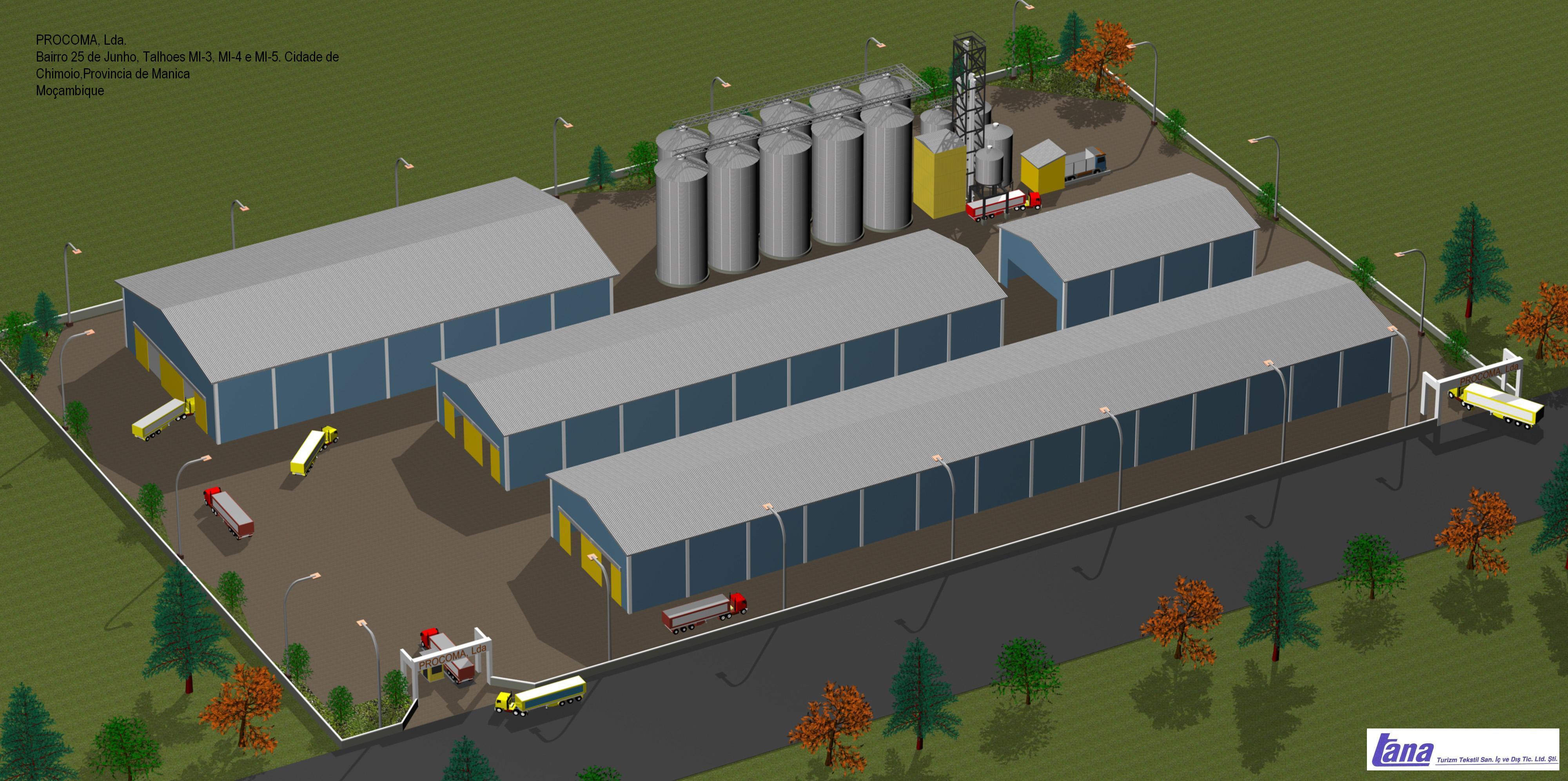
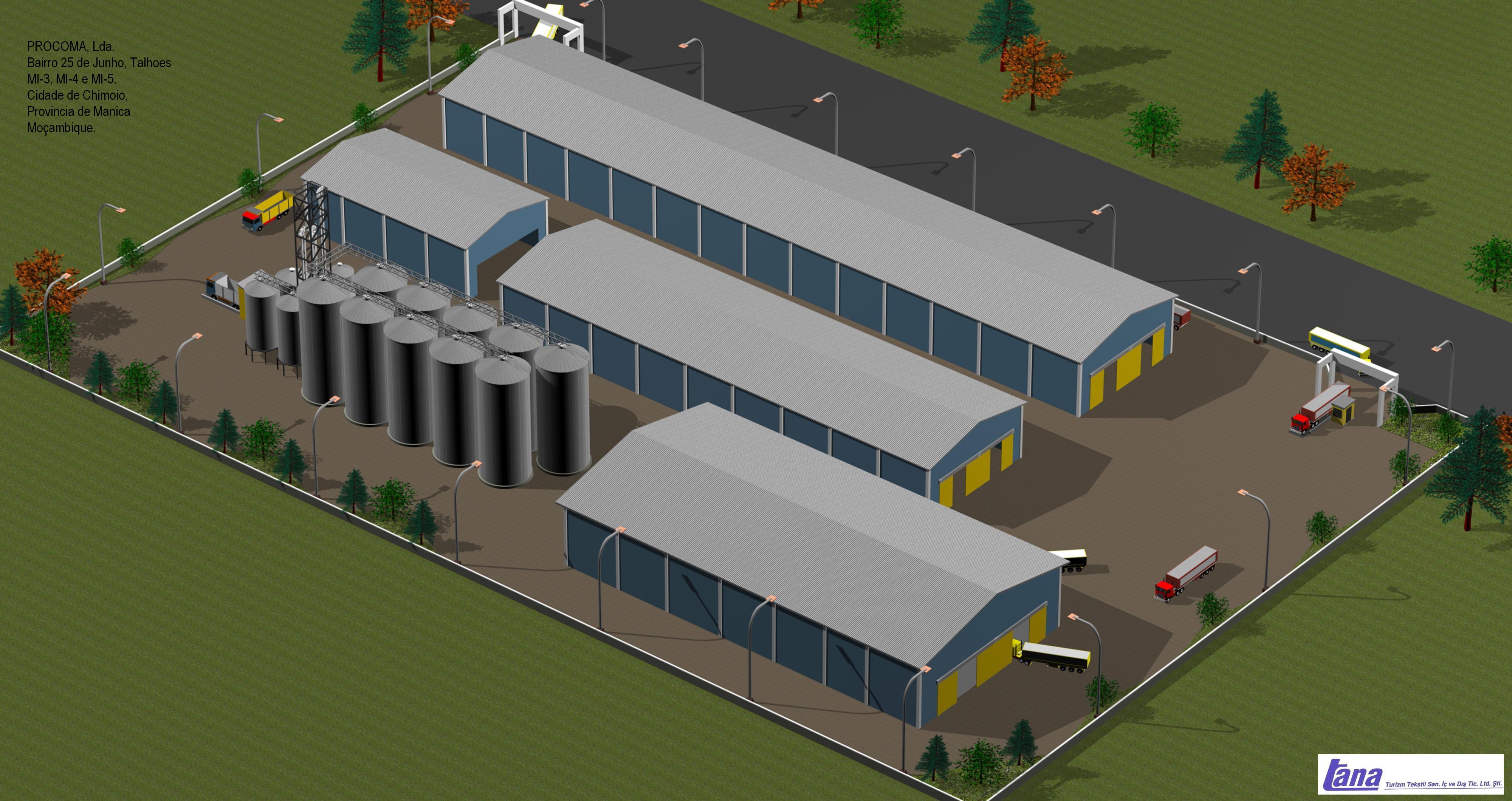
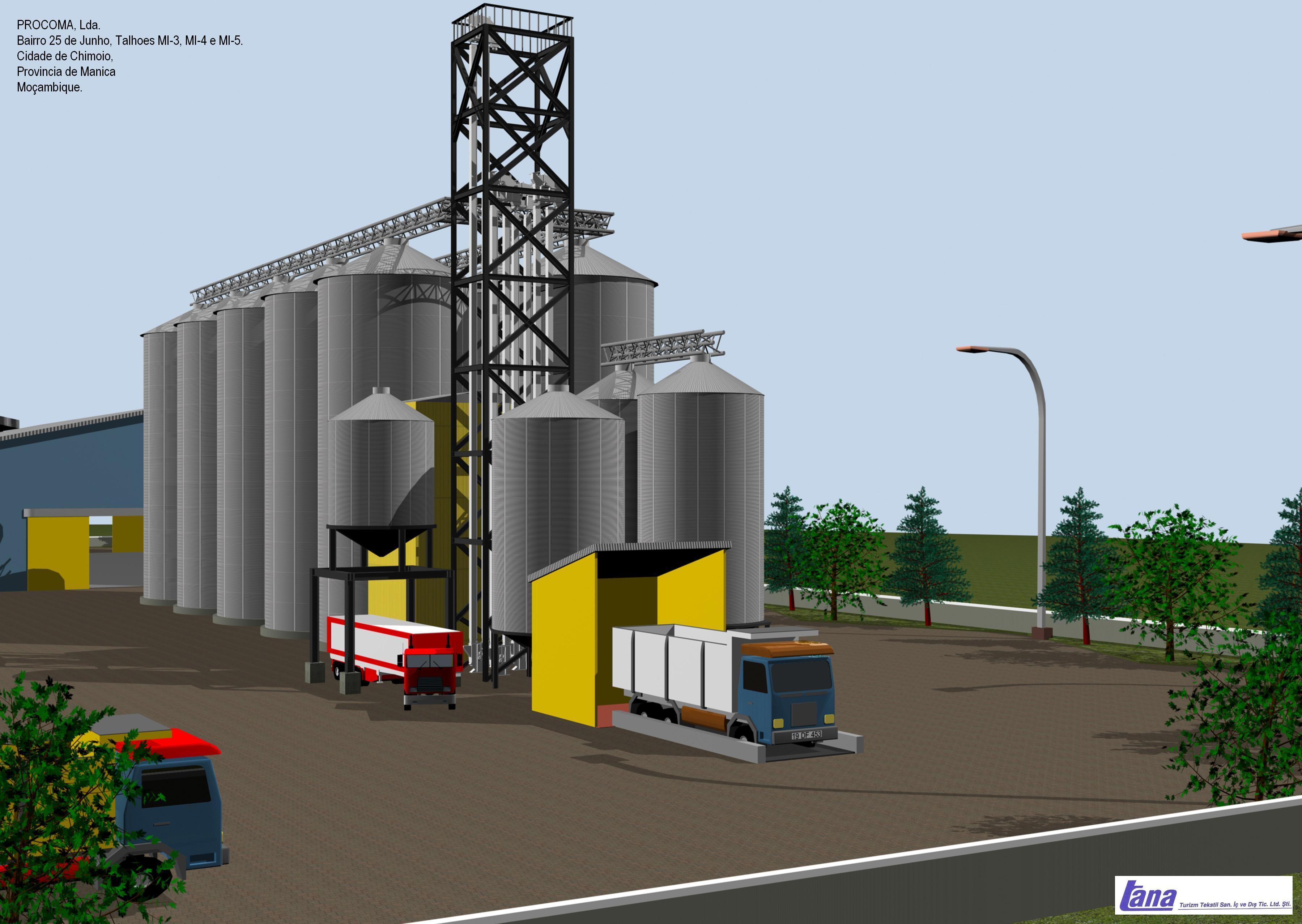


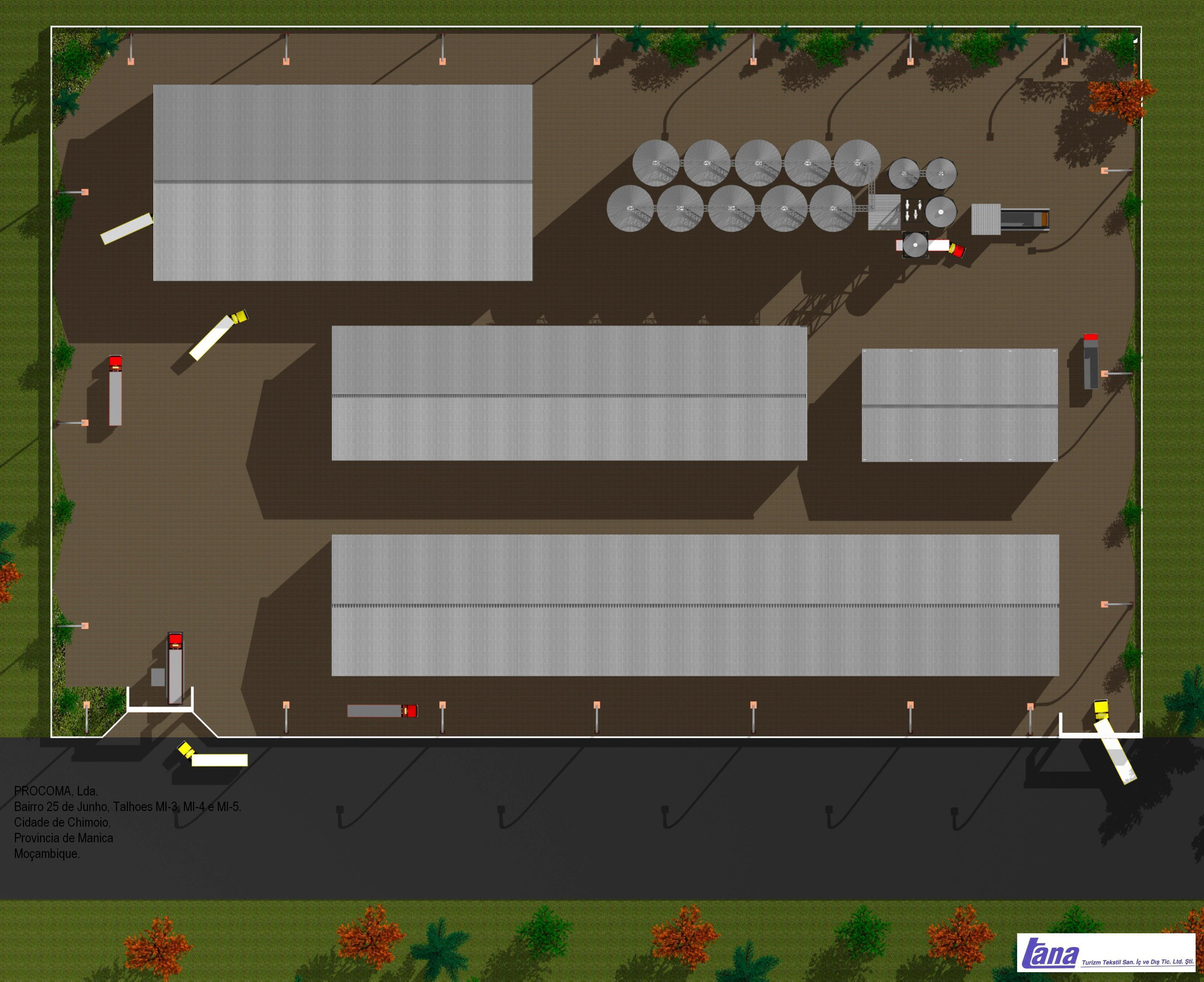
As an example, each season approximately 150.000 tonnes of maize is produced in Manica Province alone with the possibility of this increasing as the market demands.
An initial appreciation in
general terms in relation to sourcing of the internal market, relates to the
fact that Moçambique with about 20 million inhabitants, is a country with a serious
food crisis, motivated by draught problems, floods, which provoke serious
ruptures in the availability of consumable goods, especially in the rural
areas, going into a situation in that even with all the humanitarian support
received, the existing general situation can be characterized by what is
habitually denominated as a “nude state”. At large city level, the situation is
however vastly different.
Even though the potential sourcing is equally high,
the existing buying power leads to, in particular for the lower income group –
the majority of the population – the gifts and donations being the principle
alternative consumables in the last few years. There is however, a
consumers market for maize flour and bran, Basic food products especially in
the rural areas if we take into account that, in the centre of the country,
this will be the third, and second similar factory in Manica , as its
opposition dedicates itself to milling wheat and maize.
The other important aspect focuses on the price policy, which must be very competitive, given that about 100% of the raw material (cereals) will be acquired on the local market with the introduction of the family sector production campaigns within the local population
